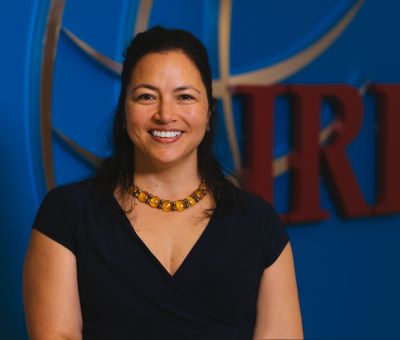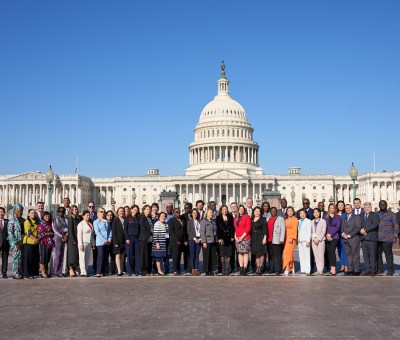
A Year of Legislative Strengthening
For the first time in over twenty years, authoritarian governments outnumber liberal democracies, according to a Varieties of Democracy Institute…
Indonesia is a vibrant and diverse country with over 270 million people. IRI’s work there supports political parties and civil society organizations (CSOs) to create and identify opportunities for emerging, reform-minded leaders to promote structural democratic transformations and develop a citizen-centered government.
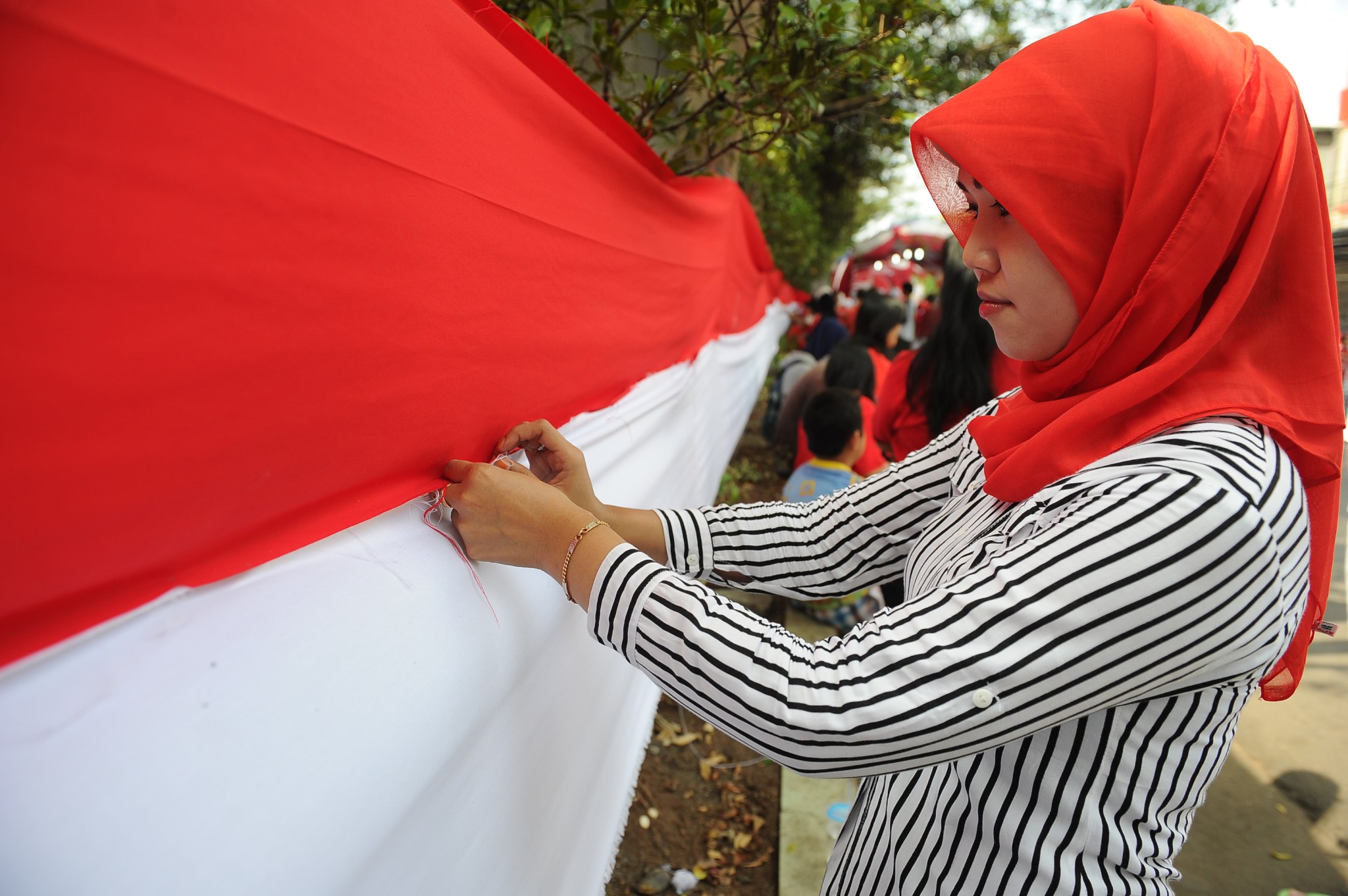
For over 25 years, IRI has been supporting ongoing democratic consolidation in Indonesia and assisting with strengthening several fundamental institutions and bridges to civil society. Indonesia has held five national elections – the most recent in 2019 – all deemed free, fair, and technically sound by domestic and international observers.
Despite notable democratic successes over the past two decades, there are still democratic deficits to address, and there is a real and present threat of democratic backsliding. This can create a susceptibility to nondemocratic alternatives at the expense of all communities’ fundamental freedoms and universal human rights.
To address this issue, IRI Indonesia developed a series of Emerging Leaders Academies (ELA) to engage emerging, reform-minded leaders across the partisan spectrum and throughout the country on improving democratic governance within political parties and bolstering government institutions to develop and strengthen citizen-centered governance. These emerging leaders come from the ranks of political parties and CSOs, and a number hold elected government positions. In the ELAs, they learn leadership skills, campaign strategies, methods to promote internal reforms, policy development, and personal branding. These ELAs also provide opportunities for participants to build their network of like-minded democratic leaders, promote their policy ideas, cultivate their brand recognition, and advocate for internal party and government reforms by meeting with existing leaders. IRI also developed a series of trainings to promote and enable a more welcoming environment for women’s political leadership. In this series, they learn recruitment skills, technical policy development, policy advocacy and communication skills, including communication in social media.
Additionally, IRI Indonesia works with elected government officials at the local level, providing technical support and networking opportunities to strengthen their ability to collaborate and advocate on behalf of their constituents. IRI builds on the ELA programming to provide training in important subject areas such as budget analysis, government oversight, legislative drafting, and communications, with the intention to improve government responsiveness and increase elected officials’ ability to deliver citizen-centered and transparent governance at the subnational level. IRI Indonesia also partners with local and international organizations to facilitate policy-focused roundtable discussions on important domestic and foreign policy issues facing contemporary Indonesia. Thematic issues include climate change, debt-trap diplomacy in the Indo-Pacific region, and the substantive political representation of women, indigenous peoples, and other marginalized communities.
These roundtable discussions include high-caliber ELA participants and alumni, as well as high-profile political and government leaders from Indonesia and abroad. They provide opportunities for emerging leaders to network with each other and Indonesian leaders, as well as advocate for important reforms to a wide audience. Furthermore, the opportunity to discuss these important issues builds the emerging leaders’ capacity to respond to constituents’ concerns with effective evidence-based policymaking. IRI’s activities have engaged over 70 political parties and engaged upwards of 14,000 reform-minded youth and rising leaders from across all 34 provinces.

For the first time in over twenty years, authoritarian governments outnumber liberal democracies, according to a Varieties of Democracy Institute…
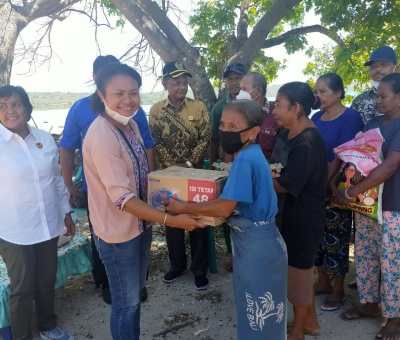
In the early 2010s, Abi Yerusa “Ira” Sobeukum was reassessing her position within East Nusa Tenggara’s sociopolitical scene. On one…
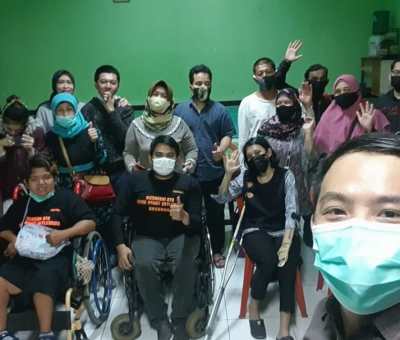
It has been 23 years since the fall of Suharto ushered in an era of tremendous progress within a democratic…
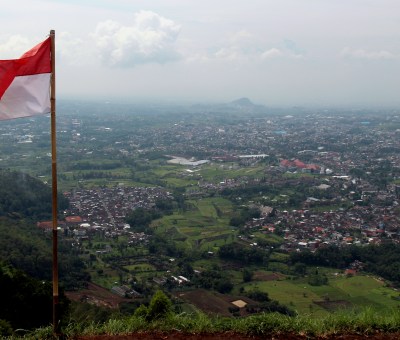
Following the fall of Suharto’s three-decade presidency in 1998, Indonesian citizens embraced democracy and have since successfully completed four national…

